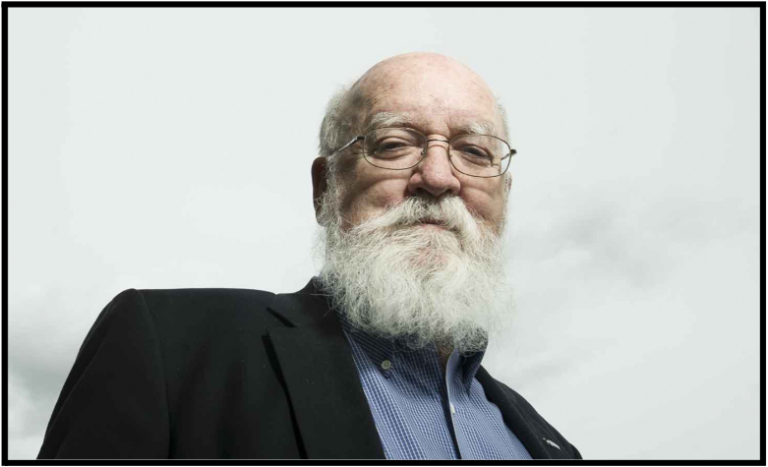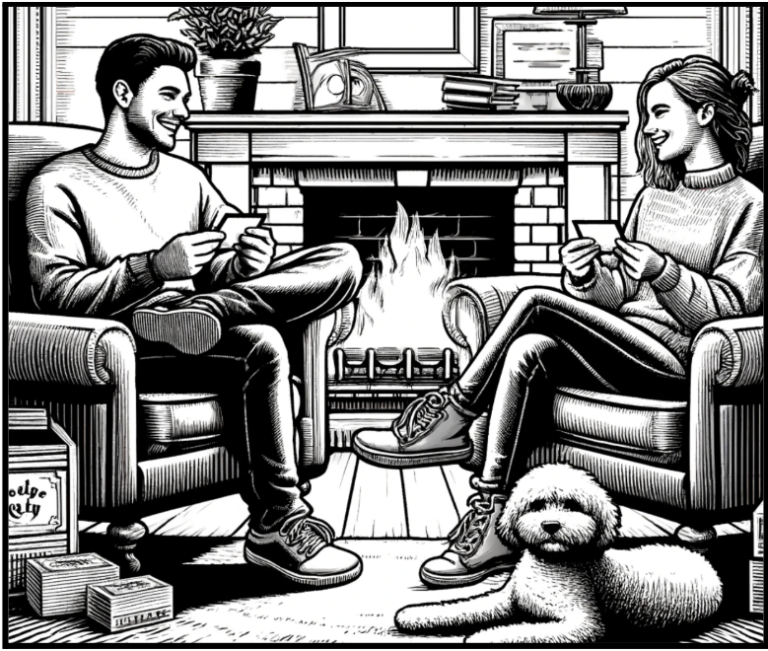The influencer says to focus on building genuine relationships, arguing that networking is dead and transactional connections are a waste.
Talking Big Ideas.
“Friends are people who know you really well and like you anyway.”
~ Greg Tamblyn
In the summer of 2011, I was waiting for a friend at a restaurant when I noticed a magazine on a table. It was marketed to the elderly and made a silly claim that eating chocolate cake, pizza, and sugar was a path to “almost effortless weight loss.”
I wrote about it on my blog and, as an afterthought, emailed my post to Gary Taubes, the famous science author of Good Calories, Bad Calories.
To my surprise and delight, Gary quickly wrote back and we started a correspondence. A few months later, he asked if I’d like to have breakfast with him when he came to Washington, D.C., where I lived. I accepted with delight.
When I got to the restaurant, Gary introduced me to a doctor friend of his. They were both super likable. I picked their brains on health and they asked me about communications and messaging.
When breakfast ended, the doctor said we should talk again. His name was Peter Attia and he would later become one of the most respected and well-known voices on health and longevity.
Gary and Peter both stayed in touch. We exchanged emails and texts, occasionally chatted on the phone, and had a few more meals together. One time, when Peter was visiting D.C., I walked him around my office, connecting him with friends and colleagues.
This all came to mind as I read Sahil Bloom’s take on networking:
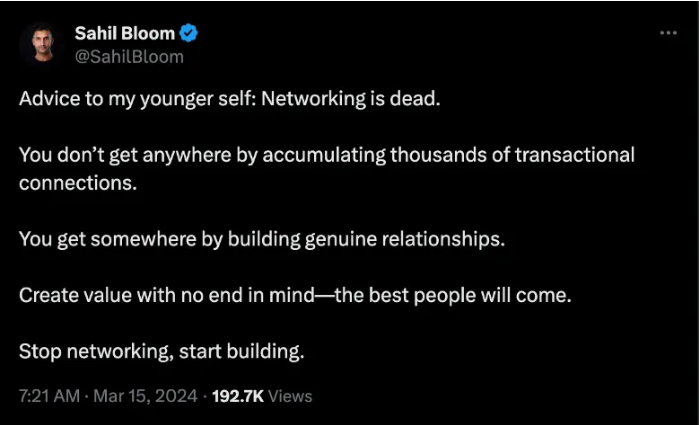
I enjoy following Sahil on Twitter.
He’s a successful entrepreneur and former college athlete who consistently provides valuable, uplifting advice on health and professional success. I can be disorganized and procrastinate, so hearing Sahil encourage me to take action is helpful.
In the tweet above, I appreciate how he tells us to start building. Progress requires action. Whether we want a better body, a better skill set, or a better world, we have to get up and go out and build them. As Marc Andreessen wrote in his viral post, It’s Time to Build:
Our nation and our civilization were built on production, on building. . . . There is only one way to . . . create the future we want for our own children and grandchildren, and that’s to build.
Ancient Philosophy and Modern Science
Sahil’s emphasis on building genuine relationships reminds me of Aristotle, who argues in his classic book on ethics that there are three types of friendships: deep, social, and utility.
- Deep friends bond over shared values, virtues, and personal growth.
- Social friends like to have fun and enjoy activities together.
- Utility friends are transactional and focus on mutual benefits.
Deep Friends
Aristotle says deep friends are necessary for human flourishing — a state he called eudaimonia. We feel fulfilled when we have deep friends to bond with who give us support and guidance. “Without friends,” Aristotle says, “no one would choose to live.”
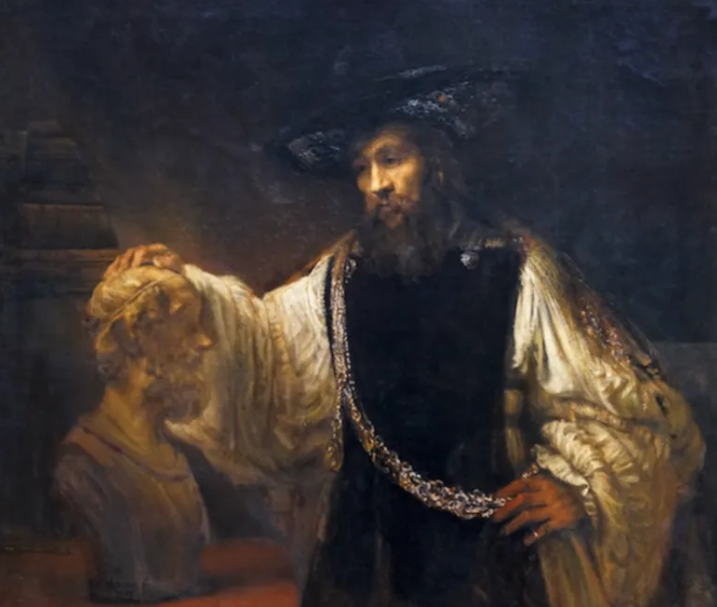
Modern science agrees with Sahil and Aristotle on the importance of deep friends. The current leaders of the world’s longest-running and most elaborate study on happiness explain that the key to the good life is simply other people:
The most important thing we’ve learned: Positive relationships are essential to human well-being. . . The engine of the good life is not the self but our connection to others.
Their data is overwhelming and clear. The more we invest in our relationships, the more returns we get throughout our lives. So which relationships are worth cultivating?
All of them.
This is where both ancient philosophy and modern science part ways with Sahil.
Social Friends
The leaders of the study explain in their book The Good Life that “casual friendships may be the most overlooked relationships we have . . . there is now a great deal of research into the benefits of these connections.”
Our “social friends” are responsible for much of our joy and community connection. They introduce us to new experiences, people, and opportunities. They help us build social and emotional skills and feel part of something larger than ourselves.
If we only hang out with a few deep friends who share our values, we risk becoming narrow-minded and dogmatic. By contrast, social friends expose us to new ideas and different types of people. They help us navigate different social groups in a way that is – as Mark Twain put it – “fatal to prejudice, bigotry, and narrow-mindedness.”
Social friends, not deep friends, best help us become more understanding of others and broadly empathic.
“Ananda, one of the Buddha’s disciples, said to the Buddha one day,
‘I’ve realized that half of the path to the holy life is made of good friendships.’
‘No, Ananda,’ the Buddha said. ‘Friends are not half of the holy life.
They are all of the holy life.’”
~ Upaddha Sutta
Utility Friends
What about utility friends? Sahil says “You don’t get anywhere” with these “transactional connections.”
The Good Life disagrees: “Few of us realize that some of our most beneficial relationships” come from utility friends. The economist Tyler Cowen believes one nudge during a single networking conversation can be life-altering:
At critical moments in time, you can raise the aspirations of other people significantly, especially when they are relatively young, simply by suggesting they do something better or more ambitious than what they might have in mind. It costs you relatively little to do this, but the benefit to them, and to the broader world, may be enormous.
This is in fact one of the most valuable things you can do with your time and with your life.
A little over twenty years ago, I had a conversation like this with a guy I met at a big networking event. His name was Aaron Day and he encouraged me to travel to D.C. and see if I could land on my feet.
His nudge helped change the direction of my life. And what started as a transactional connection blossomed into a lifelong friendship. Last week we spoke on the phone for more than an hour.
I think about Nico Perrino. He’s the Executive Vice President of FIRE, the nation’s premier defender of free speech and academic freedom. As a young communications assistant, Nico asked me to lunch to pick my brain. A decade later on his podcast, he told me that he’ll “never forget” that first conversation we had:
It’s one of the more life-changing things that ever happened to me. . . . I took a lot of the learning from that conversation and tried to implement it here at FIRE to good effect, I hope.
Beneficial transactional connections are everywhere. Simply smiling and making eye contact with the stranger pouring your coffee can make you both feel better. The Good Life says little networking moments like this have “far-reaching effects” as they uplift while reducing stress and anxiety.
Aristotle understood that these relationships create mutual benefit for everyone involved. The tremendous wealth we enjoy today comes in part from countless transactional relationships:
Even Sahil puts real effort into building his transactional connections.
The Power of Networking
I hope Sahil will pre-order Allison Pugh’s forthcoming book, The Last Human Job: The Work of Connecting in a Disconnected World.
She explains how the rise of AI will place a premium on building “human skills” and correctly understands that networking “will rise significantly in value in a tech-laden world.”
Though Sahil declares networking dead every few months, the reality is the opposite: networking is alive and well – and only growing in importance.
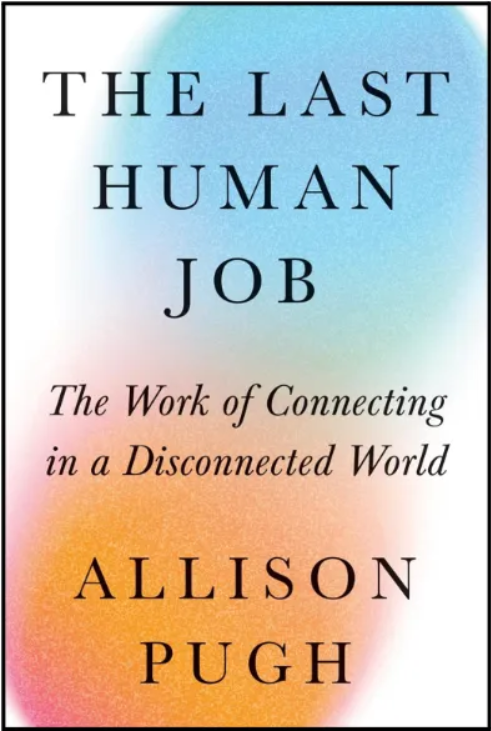
Paul Graham, the co-founder of Y Combinator, says networking is among his most valuable activities because helping talented young people become better connected can be life-changing.
An exciting tech start-up is working with scientists to decarbonize the world. Their communications director contacted us a few weeks ago about training their scientists. She remembered me from workshops I ran with her former employer.
Our new clients often find us this way. Networking is amazing.
If I had taken Sahil’s networking advice, I likely would not have made it to D.C. nor met the people who helped me build and grow my business. I would not have reached out to Gary Taubes all those years ago – and if Gary had taken Sahil’s advice, I doubt he would have responded to my email.
I certainly would have been the poorer for it.
Today, and every day, I encourage you to network. Even a simple smile to a stranger as you go about your day.
If everyone did just this, the world would be instantly elevated.


